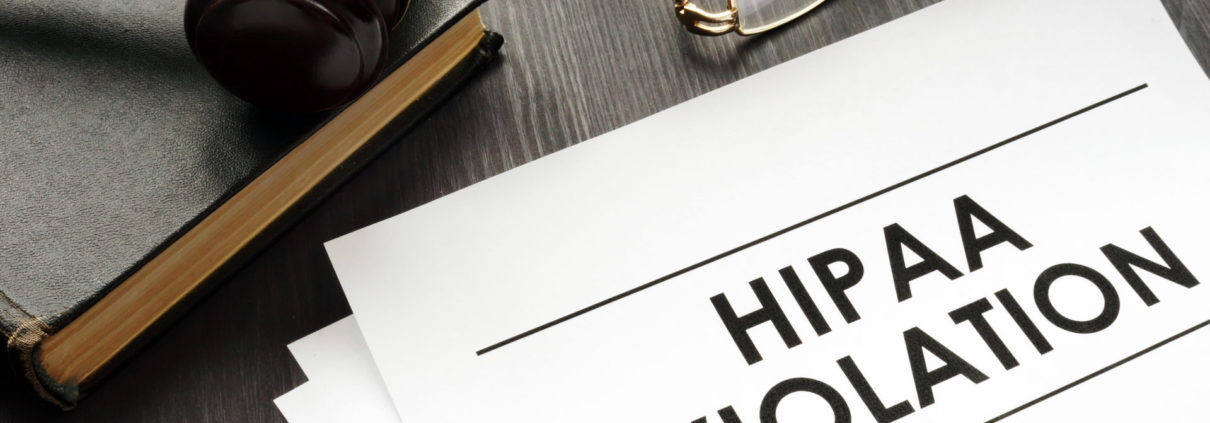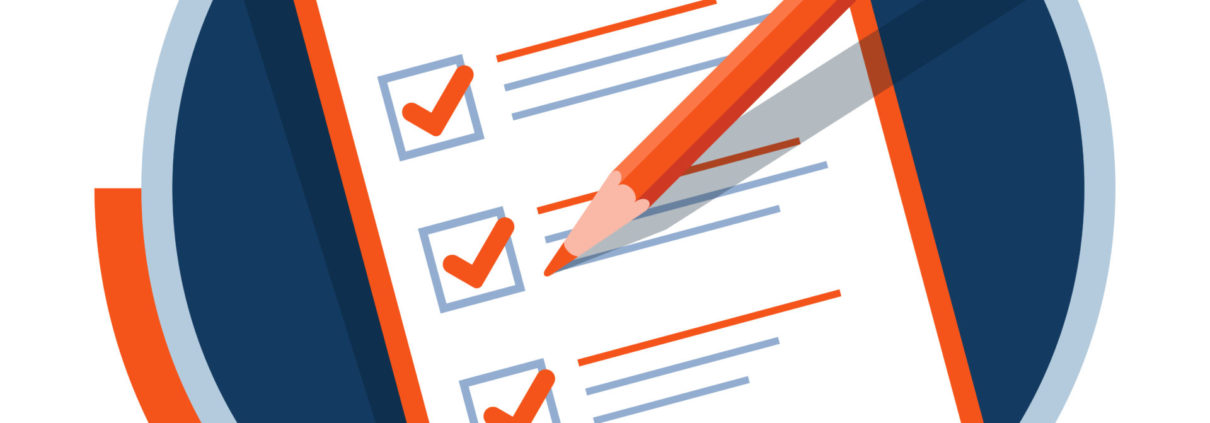Prepare Yourselves! Onsite Audits Are Coming in Strong
Health and Human Services (HHS) is planning for the public health emergency (PHE) to expire on May 11, 2023 and PBM auditors are in full swing of resuming their onsite visits. Onsite audits have always been the most aggressive and highest risk to community pharmacies. PAAS National® saw a 300% increase in onsite audits in just the 3rd Quarter of 2022 and they continue to be on the rise! PAAS analysts have years of experience helping our members navigate through preparation for an onsite audit. We are available to assist you throughout your audit process starting with, How to Prepare for an Onsite Audit.
Your PAAS analyst can provide pre-audit consultations, helpful tips and tools, reminders on state law requirements, and discuss current PBM trends. Our Onsite Credentialing Guidelines document has been created specifically to help pharmacies be ready for questions the auditor may ask during their visit. This tool is updated frequently to provide members the most up to date information along with providing PAAS National® FWA/HIPAA Compliance members reference to locate specific policies in their customized FWA/HIPAA Compliance Policy & Procedure Manual.
PAAS Tips:
- Engage PAAS as soon as you receive any audit notice
- Have written FWA/HIPAA compliance policies and procedures in place and updated
- OptumRx and MedImpact auditors are currently looking for these policies while onsite
- PAAS Audit Assistance members can review the Onsite Credentialing Guidelines resource with staff so your pharmacy is well prepared
- Remind staff to complete FWA/HIPAA training
- PAAS National® FWA/HIPAA Compliance member Admins and/or Compliance Officers should review their compliance tasks in the Member Portal and make any necessary updates
- PAAS Audit Assistance members can check out the following Newsline articles for additional tips:
- March 2023, PHE for COVID-19 Ending May 11, 2023: Pharmacy and Audit Ramifications for more details on the PHE ending May 11, 2023.
- February 2023, Are Yor Delivery/Signature Logs PBM Compliant for 2023?
Contact PAAS National® (608) 873-1342 today to get your customized FWA/HIPAA compliance program! Or schedule a service overview of the program to see why it was designed to meet CMS’ seven core elements required to adopt and implement an effective compliance program.











